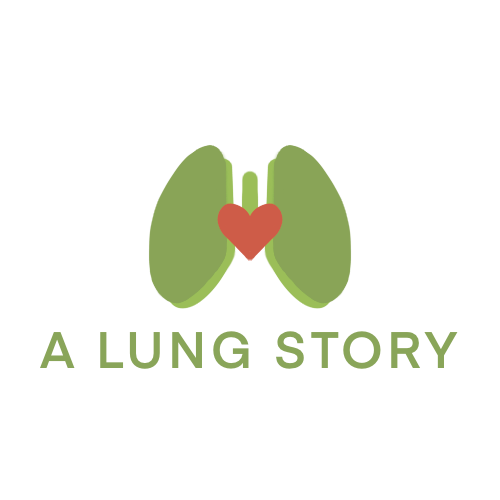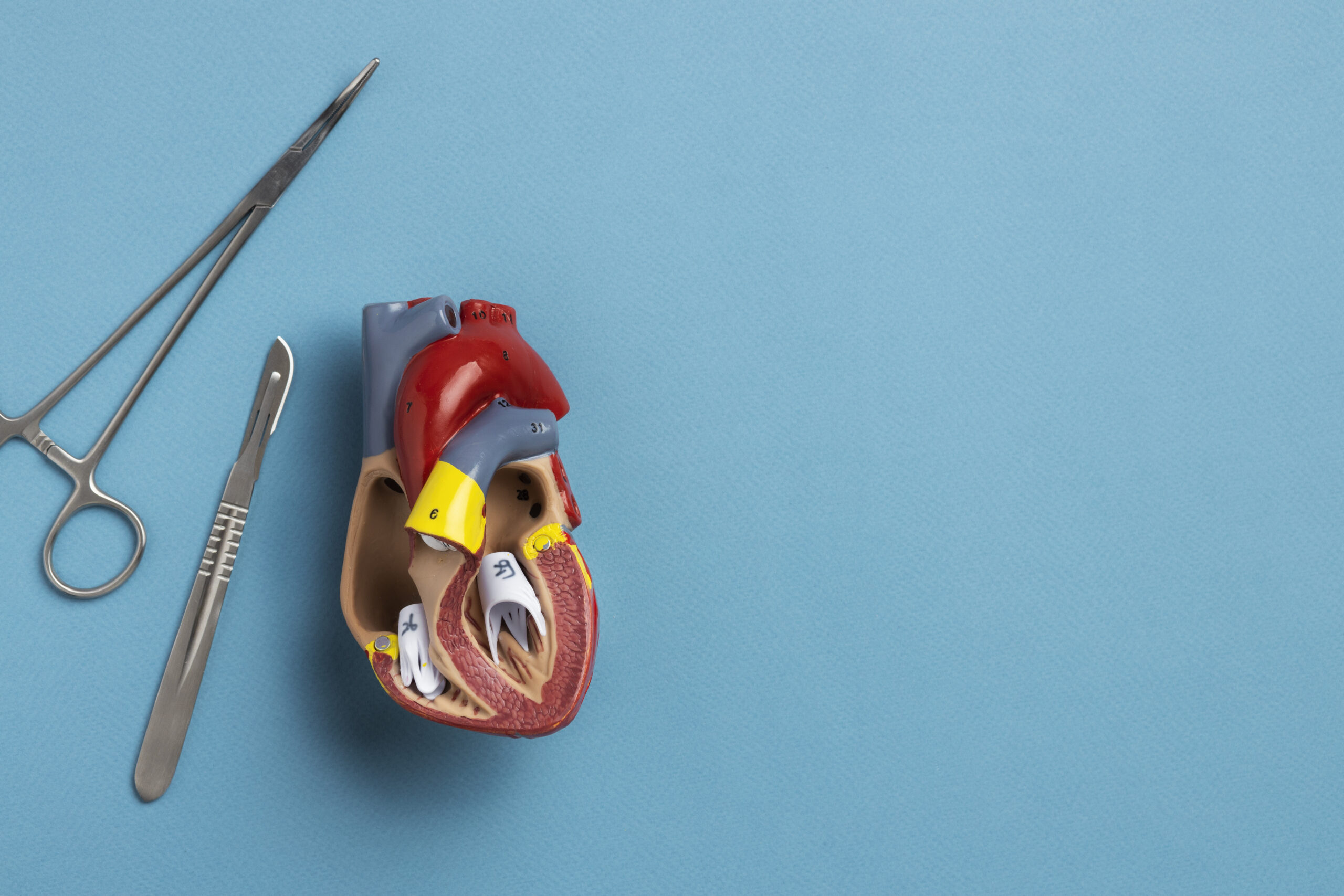In short words, I lost my memory after my heart surgery and this is how it happened.
Note: This was written around 3 months after my surgery.
I’ll be writing this as best as I can, but please note that my memories of the surgery and recovery are a little blurry.
In late May or early June 2023, I was diagnosed with ASD and pulmonary hypertension (My story). The doctor said that because of the high blood pressure, surgery couldn’t happen right away, and I was given medication to lower my blood pressure before proceeding with the surgery.
I started taking medication at the end of July 2023 and am still on it today. I take Sildenafil 50mg (three times a day) and Ambrisentan 10mg (I started with a lower dose).
My surgery took place in April, 2024.
The thing about my country is that when you’re scheduled for a surgery, you go on this list and you get called in for a surgery so you never really know when you will have it. I got a call week before at work and they told me am I free next week for a surgery, which I declined as it was my Mother’s birthday – couldn’t risk her daughter dying on her birthday! So I had it the week after that.
I had my surgery earlier in the week. The night before, I had to shave all the hair on my body, and I showered with disinfectant sponges provided by the hospital. I had to fast from 6 pm the evening before (for the anesthesia). My last feast was a Subway sandwich.
I couldn’t sleep properly for the night. I had nightmares all night long which kept waking me up. AND I found the hospital bed uncomfortable.
The doctors and nurses came to get me at around 7 am. When they came into the room I had this fear crawling all over my body with a little bit of excitement. My parents were with me all the way to the surgery room, and before entering, I couldn’t hold back my tears, which I felt so guilty about – I tried to act strong in front of my parents which obviously didn’t work. I went inside and tried to calm down, which I couldn’t so they gave me a calming drug – and as soon as I knew it, I was put under anesthesia.
——————————————————————————————————————–
When I woke up, I saw my parents, and I had been moved to the Cardiac Surgery ICU. It was about 11:45 pm. I was supposed to wake up around lunchtime, but I had been struggling so much that they let me sleep longer.
After the surgery, my heart rate and blood pressure had dropped significantly, and while it wasn’t quite normal, it had decreased a lot, which was reassuring. I had some blurry memories of the next few days, but I’ll share what I remember.
I couldn’t speak right away because I had several tubes inserted due to difficulty breathing after surgery. The largest tube was inserted into my throat, which is why I couldn’t talk. I had heard from other patients that they couldn’t speak after surgery, but experiencing it firsthand was quite different—it felt impossible to get any words out – I literally couldn’t talk.
After regaining consciousness, the nurse told me they’d remove the tube. I had to cough twice when they did, and it was incredibly painful. Even with painkillers, the discomfort in my chest was severe.
Despite the tube being removed, I still couldn’t speak. My throat was incredibly dry, and I couldn’t make any sound. To communicate with my parents, I had to write letters out on their hand with my finger.
That night, I spent my first night in the ICU. I had some medication side effects, and I ended up vomiting about three times during the night. Vomiting after heart surgery was really difficult. The nurse had told me to hold a rolled-up towel to my chest when coughing or vomiting, and after I was discharged, I continued to do that.
I also had a button to self-administer pain medication, which was helpful, but it made me dizzy later, so I stopped using it after a while.
The first night, I didn’t sleep well, and I remember watching the clock tick slowly. The second day, I focused on recovery and rehabilitation. I started practicing sitting up, but when I first sat up, I immediately felt so dizzy that I vomited. I couldn’t eat anything for the 2 days.
The dizziness and headache were worse than the chest pain. The sensation was like being lost at sea—it felt like I wasn’t fully in control of my body. I even remember crying because of the overwhelming dizziness. It wasn’t your normal spinning, it felt like you had pins and needles in your brain. Weird electric feeling.
By the third day, I was transferred to a general ICU. I don’t remember much of that day, but I think I tried standing up and had a small yogurt. But nope, vomited it all out. I don’t really recall but I was overdosed with the medication I could control. The dizziness was so bad that I stopped using the self-administered medication and switched to oral painkillers.
An X-ray showed that one of my lungs had collapsed, which explained some of the pain I was feeling. The doctors said I needed to do breathing exercises and walking to recover.
From the very beginning, I continued my regular medication along with painkillers and nutritional supplements.
By the fourth day, I started walking, although the dizziness was still intense. By the afternoon, I was moved to a regular hospital room. I continued walking and breathing exercises and started eating small amounts of food, though it didn’t taste good—I kept tasting something metallic or bitter.
I received injections of heparin or warfarin to prevent blood clots, and I had these injections in my abdomen starting the second day. That hurt.
On the sixth day, I was discharged from the hospital. The morning X-ray showed that my lung had returned to normal. However, I was still told to continue walking and breathing exercises.
That wraps up my 6 days in hospital. I really found it hard to sleep after they took the meds slowly away. Not sure if anyone’s experienced sleeping in hospital, but the beeping noises outside really keeps waking you up to the point where it gets annoying. Hats off to medical professionals!
I felt dumb. Stupid, unable to think properly. The combination of dizziness + brain fog lead to memory loss, incomplete words blurting out, mixing words up, unable to continue a sentence with correct grammar. I felt stupid.
I also couldn’t eat properly. For a while food tasted like metal. As a person who LOVES eating, this was disastrous. I felt sad and it felt like my life had completely changed. But that turnover was quite quick. From eating nothing to driving to the nearest KFC, that was quick.
Here’s a summary and additional details of my experience:
- Chest pain was not the worst part for me; it was the headache and dizziness. For about two weeks, I felt like I was underwater, with blurry vision and a sense of being disconnected from myself. I remember crying because I couldn’t bear the dizziness.
- Brain fog was another issue. My memory significantly worsened, and I would forget simple things, like when my parents had visited. Even now, three months later, my memory isn’t back to normal, but I’m doing brain exercises to improve it. When I first came home, I couldn’t even read words properly.
- Driving: I couldn’t drive for maybe a month? and tried to drive after that. The brain fog was pretty bad that it made me anxious around driving, felt like every car was driving into me, lost sense of spatial awareness.
- Exercise: After about two months, I started going back to the gym. I began with light exercises, as it takes 3-6 months to recover from the chest bone fracture caused by the surgery. I’m avoiding heavy upper-body workouts for now, as I’m afraid the surgical site might open up.
- Scars: I have a 12cm vertical scar and another one under my chest where they placed the pacemaker wire. The scar looks like an X. The areas where tubes were inserted also have brown spots. After surgery, they used glue to close the wound, which fell off on its own. Afterward, I applied silicone tape to the scars, and I still use it from time to time.

- Blood pressure: I can’t remember my exact blood pressure, but when I was discharged, it was in the 30s. Since the surgery, I’ve noticed that my shortness of breath has improved significantly.
- Medication: After surgery, I took my usual medication along with a diuretic for a month, but I stopped the diuretic because I lost weight too quickly. Now, I’m taking my regular medication plus 5mg of aspirin every day.
- Diet: I stuck to a healthy diet and drank plenty of water to stay hydrated.
- What’s different: The biggest change in my life post-surgery is the reduced shortness of breath and bad brain fog leading to memory loss. Holy moly, I cannot remember a lot of things.
- Future plans: In 9-12 months, I’ll have another procedure with a catheter to measure my blood pressure and decide if the hole needs to be fully closed.
I hope my story helps anyone going through similar experiences. If you have any questions, feel free to leave them in the comments. To anyone who will undergo heart surgery, I want to say: It’s normal to feel scared, but you will get through this. Take care, and thank you for reading, I’ll come back with an updated post surgery post.




